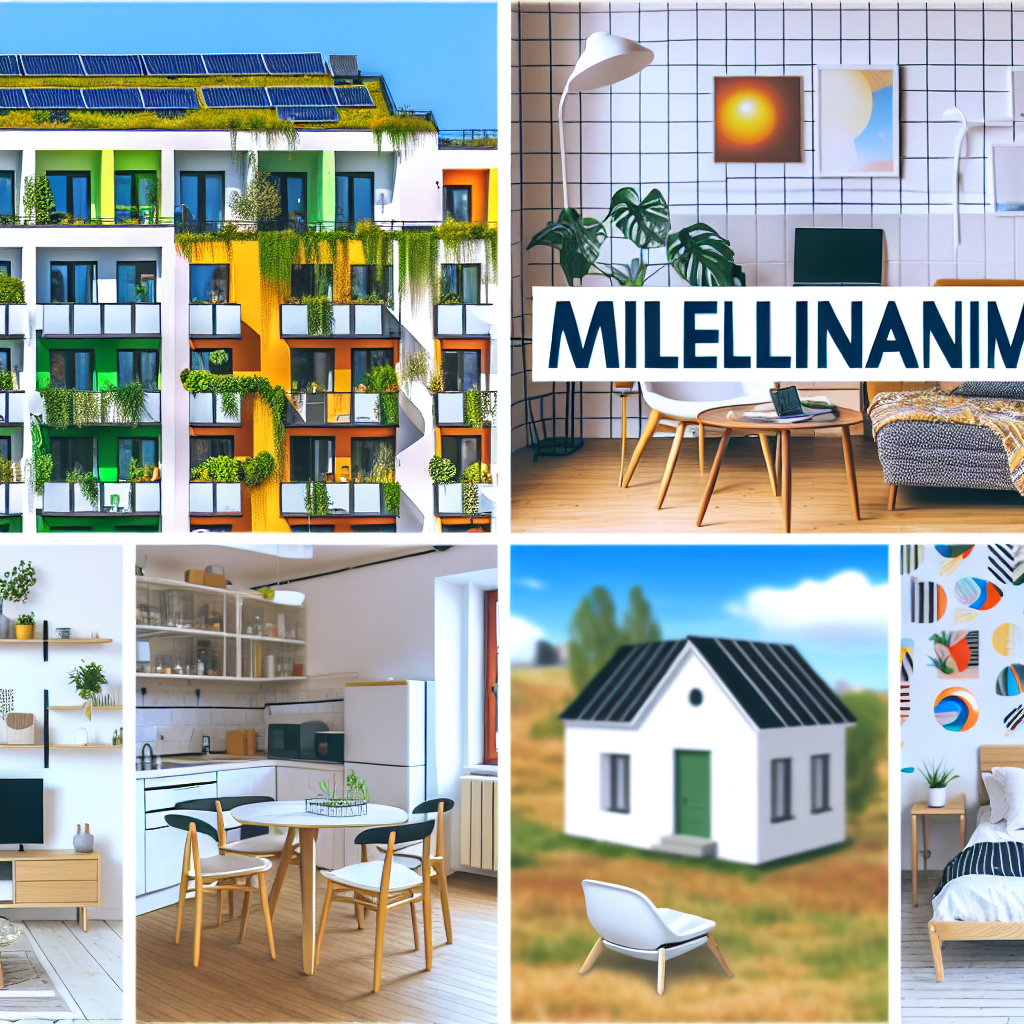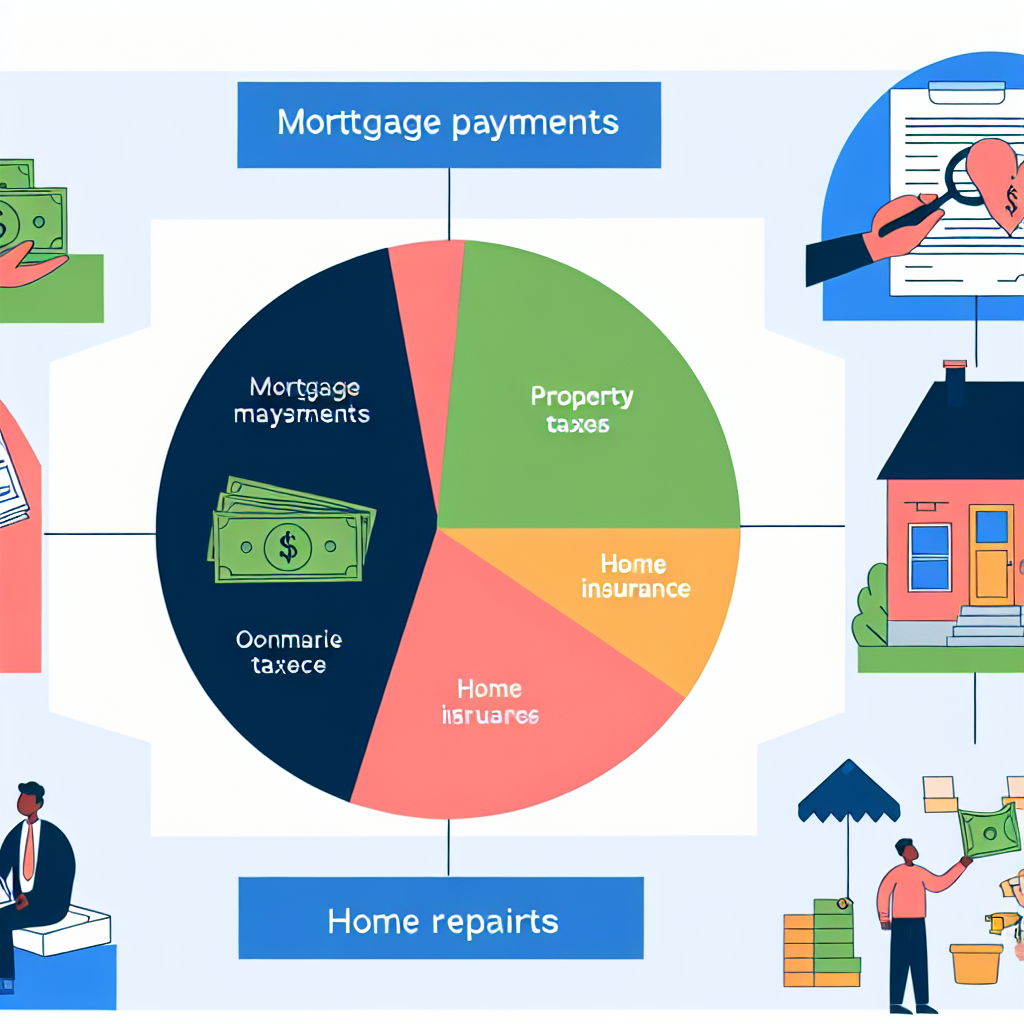
The millennial generation, born between 1981 and 1996, is now the largest demographic group in the United States. As this generation enters their prime home-buying years, their preferences and priorities are reshaping the real estate market. Millennials have unique housing preferences compared to previous generations, driven by factors such as changing lifestyles, financial constraints, and a desire for sustainability. In this article, we will explore the key trends in housing preferences for millennials and their impact on the real estate industry.
1. Urban Living and Walkability
Unlike their parents’ generation, millennials are more likely to prefer urban living over suburban or rural areas. They are drawn to the convenience and vibrancy of city life, with easy access to amenities such as restaurants, shops, and entertainment venues. Walkability is a crucial factor for millennials when choosing a neighborhood. They value the ability to walk or bike to work, grocery stores, and recreational areas.
Case Study: The High Line in New York City
The High Line, an elevated park built on a historic freight rail line in Manhattan, is a prime example of how millennials are driving the demand for urban living. The park has transformed the surrounding neighborhood, attracting young professionals and creating a vibrant community. Real estate prices in the area have skyrocketed, with developers capitalizing on the demand for housing near the High Line.
2. Co-living and Shared Spaces
Millennials are more open to alternative living arrangements, such as co-living and shared spaces. The high cost of housing, especially in desirable urban areas, has led millennials to seek out more affordable options. Co-living spaces, where residents have private bedrooms but share common areas, have gained popularity among millennials. These spaces often offer additional amenities such as cleaning services, social events, and flexible lease terms.
Example: WeLive
WeLive, a subsidiary of WeWork, offers co-living spaces in major cities around the world. Their buildings feature fully furnished apartments, shared kitchens, and communal areas for residents to socialize. WeLive has tapped into the millennial desire for community and convenience, providing an attractive alternative to traditional apartment living.
3. Sustainability and Energy Efficiency
Millennials are more environmentally conscious than previous generations, and this is reflected in their housing preferences. They prioritize sustainability and energy efficiency when choosing a home. Features such as solar panels, energy-efficient appliances, and LEED certification are highly desirable to millennials. They are willing to pay a premium for homes that align with their values and have a lower environmental impact.
Statistics: According to a survey by the National Association of Home Builders, 84% of millennials consider energy-efficient features important when buying a home. Additionally, 71% of millennials are willing to pay 2-3% more for a home with green features.
4. Technology Integration
Technology plays a significant role in the lives of millennials, and they expect their homes to be equipped with the latest tech features. Smart home technology, such as voice-controlled assistants, smart thermostats, and security systems, is highly sought after by millennials. They value the convenience and energy-saving benefits that technology can provide.
Example: Amazon’s Alexa
Amazon’s Alexa, a voice-controlled assistant, has become a popular addition to many millennial households. With Alexa, millennials can control their smart home devices, play music, order groceries, and access a wide range of services. The integration of technology into homes has become a selling point for real estate developers targeting millennials.
5. Flexibility and Mobility
Millennials value flexibility and mobility in their housing choices. They are more likely to prioritize renting over homeownership, as it allows them to be more mobile and adapt to changing circumstances. The gig economy and the rise of remote work have also contributed to this preference for flexibility. Millennials are more willing to move to different cities or countries for job opportunities, and renting provides them with the freedom to do so.
Statistics: According to a report by the Urban Land Institute, 74% of millennials believe that renting is a more flexible option than owning a home. Additionally, 60% of millennials plan to move within the next five years.
Summary
Millennials are reshaping the real estate market with their unique housing preferences. They prioritize urban living, walkability, and access to amenities. Co-living and shared spaces provide affordable alternatives to traditional housing options. Sustainability and energy efficiency are important factors for millennials, who are willing to pay more for homes that align with their values. Technology integration, such as smart home features, is highly sought after. Finally, millennials value flexibility and mobility, often choosing renting over homeownership. The real estate industry must adapt to these trends to meet the evolving needs of the millennial generation.








